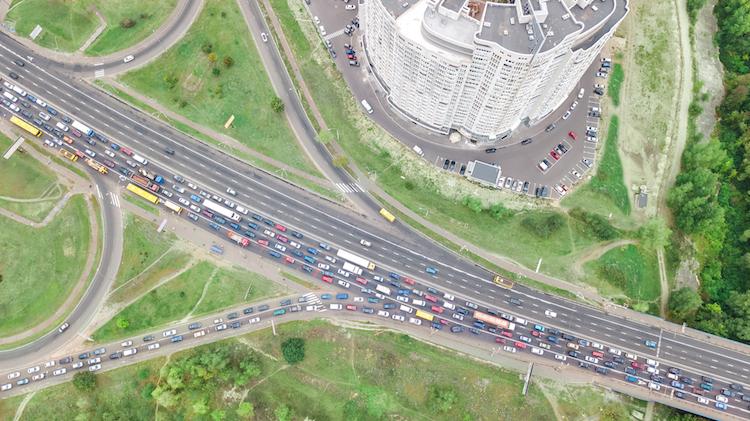IoT
5 takeaways from the Smart City Expo World Congress in Barcelona


Digital cities will help facilitate data between parties to improve citizens lives.
Disclaimer: The statements and opinions expressed in this article are those of the author(s) and do not necessarily reflect the positions of Thoughtworks.
